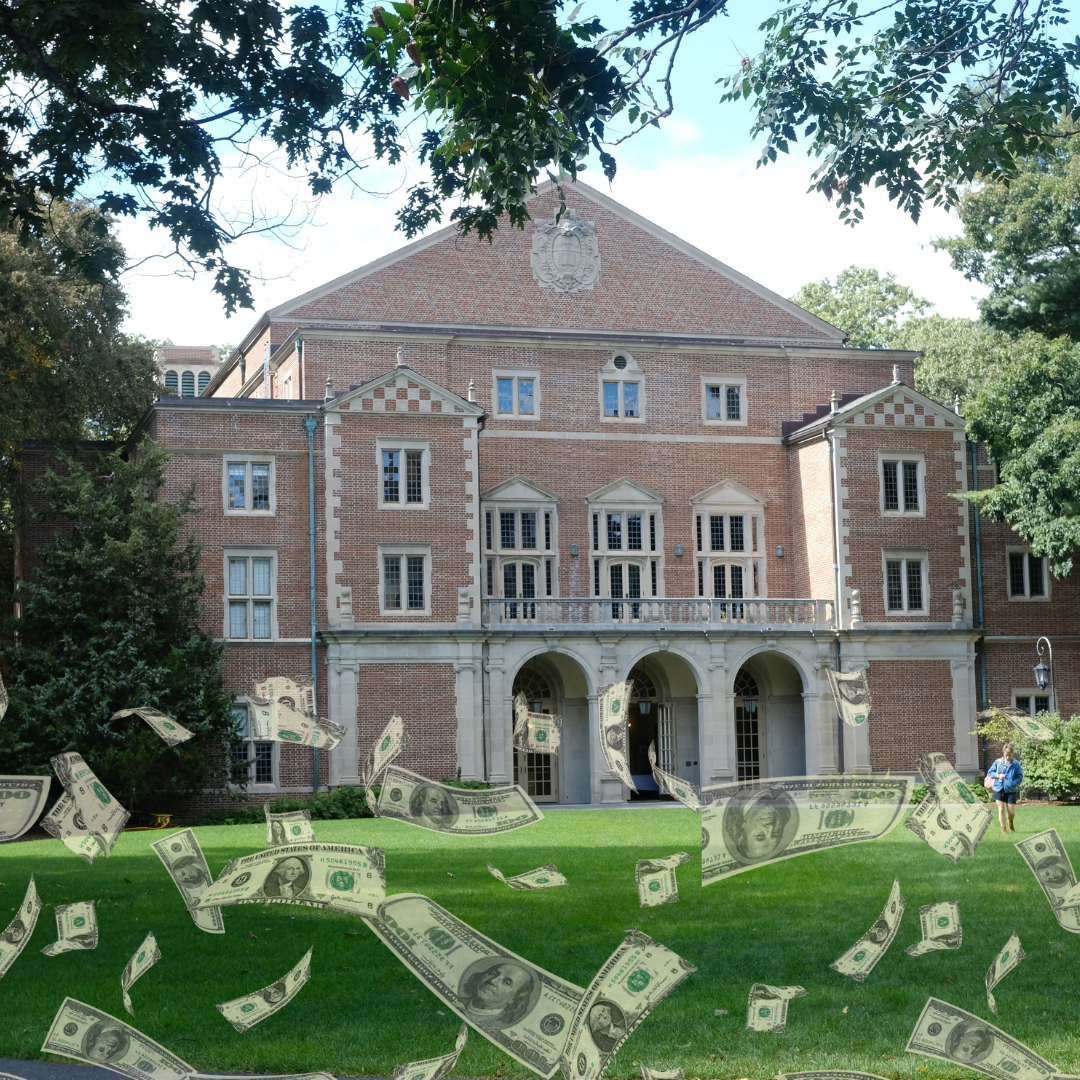Iran nuclear negotiators aim for final deal by June 30
The United States and its allies have agreed on a preliminary framework for a nuclear deal with Iran. News outlets like Slate and The Economist have noted that the deal is surprisingly detailed. It is the first major hurdle in the path toward a more permanent deal, the deadline for which is June 30. The agreement also marks the first time in about a decade that Iran has agreed to halt some of its nuclear activities. As part of the initial framework, Iran agreed to an unprecedented level of inspections and vowed to limit its enrichment activities to one facility at a level that could only be used for civilian purposes. In exchange, the United States would drop some of their sanctions on Iran, the equivalent of $6 to $7 billion. The final deal should extend the amount of time it would take for Iran to build a nuclear weapon to at least a year from Iran’s current “breakout time” of two to three months. Celebrations broke out in the streets of Tehran after the deal was announced. However, the devil is in the details. There is still disagreement about how quickly sanctions should be lifted and what kind of research Iran should be allowed to pursue in advanced centrifuges in the first 10 years of the agreement. Meanwhile, Israeli Prime Minister Benjamin Netanyahu has called the framework a “bad deal,” saying that it does not do enough to ensure that Iran cannot build a nuclear weapon.
Kenya launches airstrikes against al-Shabab militants in Somalia
Last Thursday, al-Shabab militants stormed into a Kenyan university and killed nearly 150 students. The small group of masked attackers drove from door to door, separating Christian students from Muslim students and executing the Christian students. Al-Shabab militants quickly claimed responsibility for the attack. Kenyan President Uhuru Kenyatta threatened to retaliate “in the severest way possible.” On Monday, Kenyan jets bombed two al-Shabab camps in Somalia. Both were destroyed. Last week’s attack on Garissa University College was the latest in a series of terrorist incidents since Kenya invaded Somalia in 2011 to root out the Islamic extremist movement. Al-Shabab has said that the university attack was in retaliation for Kenya’s efforts to defeat the insurgency in Somalia. The group’s leaders have warned of a “long, gruesome war” unless Kenya withdraws its troops. Kenya’s original intervention was a response to a series of kidnappings of aid workers and tourists by al-Shabab militants four years ago. However, disputes within Kenya with ethnic Somalis within Kenya’s borders date back much further.
Rand Paul enters Presidential race
Yesterday, Kentucky Senator Rand Paul became the second Republican after Ted Cruz to enter the 2016 Presidential race. Paul is a libertarian conservative who was elected during the Tea Party wave of 2010. Two years ago, he drew national attention for his 13-hour filibuster of John Brennan’s nomination as CIA director, during which he lambasted the Obama administration’s drone policies and the National Security Administration’s efforts to gather phone data. In a promotional video released on social media on Sunday, Paul branded himself as a “different kind of Republican.” He will likely be one of the few Republican contenders advocating for reducing federal drug sentencing, reigning in national intelligence agencies’ abilities to encroach on civil liberties and a more cautious approach to foreign intervention. He has also made an effort to reach out to African-American voters, speaking at historically black colleges and universities in addition to conducting outreach campaigns in inner cities. However, when it comes to social issues like abortion and same-sex marriage, he has stuck with the Republican Party line. The Republican field is likely to fill up soon. Jeb Bush, Chris Christie, Scott Walker, Lindsey Graham and Marco Rubio are all eyeing the Oval Office, and Rubio is expected to make his announcement soon.
Report says Rolling Stone failed in its reporting of campus rape
A report published by the Columbia Graduate School of Journalism and commissioned by Rolling Stone Magazine issued a blistering criticism of the magazine’s reporting of the now discredited story “A Rape on Campus.” The story chronicled the brutal gang rape of a young woman at a fraternity house at the University of Virginia. Today, it is still unknown whether the subject of the article, known only as “Jackie,” was in fact assaulted. However, the report pointed to the Rolling Stone’s failure to engage in “basic, even routine journalistic practice” to verify its details, many of which unraveled after publication. “Ultimately, we were too deferential to our rape victim…We should have been much tougher, and in not doing that, we maybe did her a disservice,” Mr. Woods, the article’s editor, said in the report. Others fear that the controversy will make it harder for rape victims to be taken seriously in the future. Michelle Goldberg, a contributor to The Nation, criticized Rolling Stone’s editors for placing much of the blame on Jackie while failing to take full responsibility for their reporting errors. “The vast majority of women who say they’ve been raped are telling the truth, but because of Rolling Stone, they are even less likely than they were before to be believed.”






